Frederick John Robinson
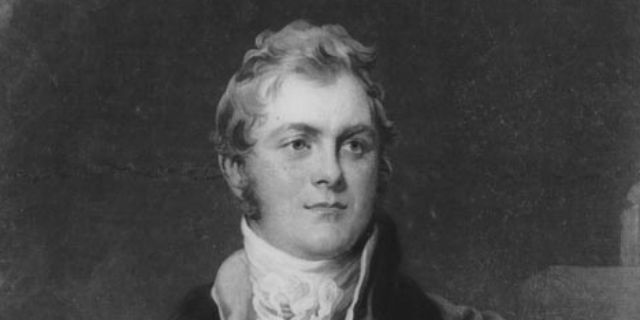
Frederick John Robinson was the younger son of the 2nd Baron Grantham, and was raised mainly by his mother, the daughter of the 2nd Earl of Hardwicke, after his father died when he was three years old. He was educated …
Arthur Burns is Professor of Modern British History at King’s College London where he teaches 18th and 19th-century British political and social History. He is also Vice-Dean (Education) in the Faculty of Arts and Humanities. He chief research interests lie in the later 18th and early 19th centuries, and in particular in the history of the Church of England both as an institution and as a profession. He is a director of the important online historical resource, The Clergy of the Church of England Database 1540-1835 (www.theclergydatabase.org.uk) and has written widely on the intersection of the church and the wider political culture in later Hanoverian Britain. He was one of the editors of the award-winning St Paul’s: The Cathedral Church of London 604-2004 (Yale, 2004), and is currently working on a study of the Christian Socialist tradition at Thaxted in Essex. Arthur Burns is currently Vice-President of the Royal Historical Society with particular responsibility for Education.

Frederick John Robinson was the younger son of the 2nd Baron Grantham, and was raised mainly by his mother, the daughter of the 2nd Earl of Hardwicke, after his father died when he was three years old. He was educated …
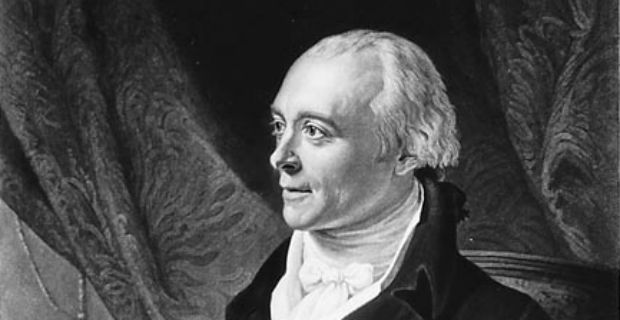
...religious beliefs as an evangelical Anglican underpinned his interest in strict observance of Sunday as a day of devotion, explorations of the prospective date of Christ’s second coming, familial devotion...
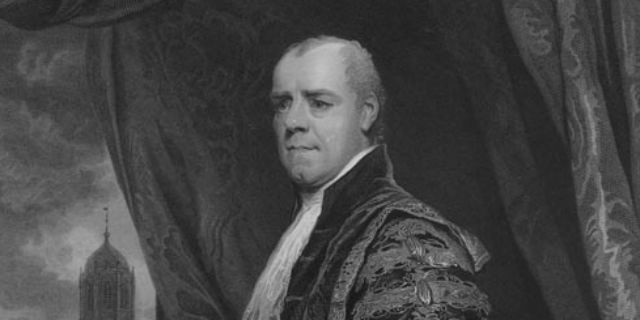
William Wyndham Grenville was born on 24 October 1759 in Buckinghamshire, the youngest son of an earlier Prime Minister, George Grenville, and cousin of a future one, William Pitt. He...
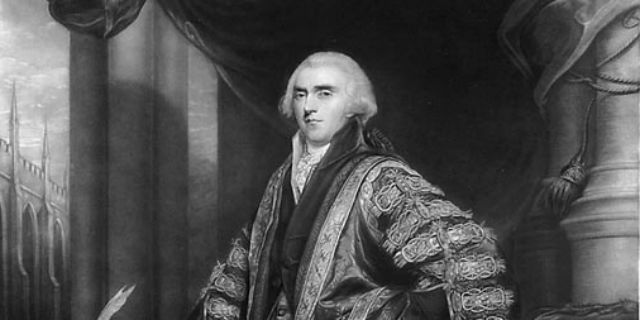
...1801 over the issue of Catholic Emancipation, both Pitt and George III identified Addington as the obvious successor. In office he declared the pursuit of peace as his government’s priority,...
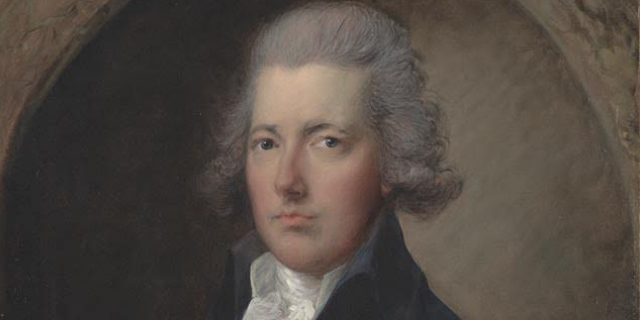
William Pitt (the younger) was born on 28 May 1759 at Hayes Place, Kent, the second son of William Pitt (the elder), later 1st Earl of Chatham and himself Prime Minister. He matriculated at Pembroke College, Cambridge at the age …
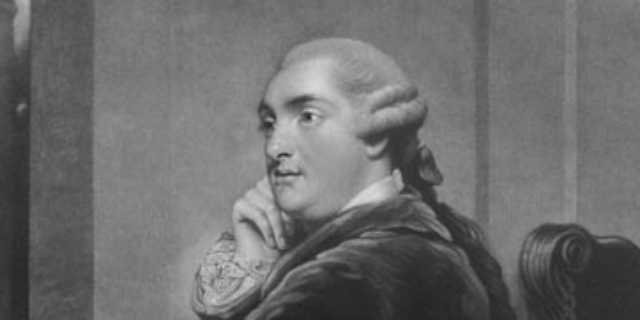
...April 1738 Died 30 October 1809, Bulstrode, Buckinghamshire Dates in office 1783 to 1783, 1807 to 1809 Political party Whig Major acts Treaty of Paris 1783: formal end to American...
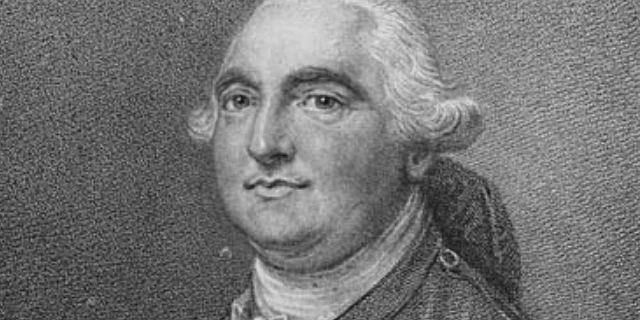
...An unhappy Irish childhood was followed by study at Christ Church, Oxford and then military service. By 1760, having seen action in the Seven Years War (1756-63), he had risen...
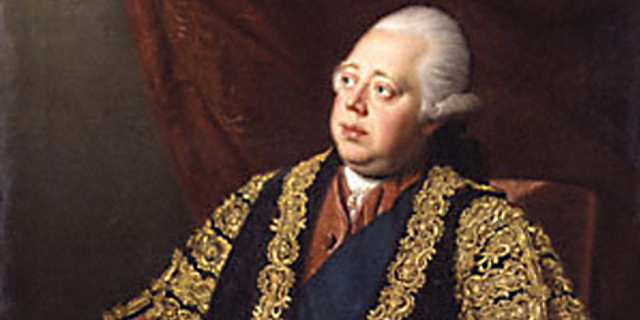
...by George III as a safe pair of hands after serving as Chancellor of the Exchequer under Pitt the Elder and Grafton from 1767, it was to North that the...
This blog gives insights into the history of government – its development, its departments and some of the roles and people involved. Find out more.